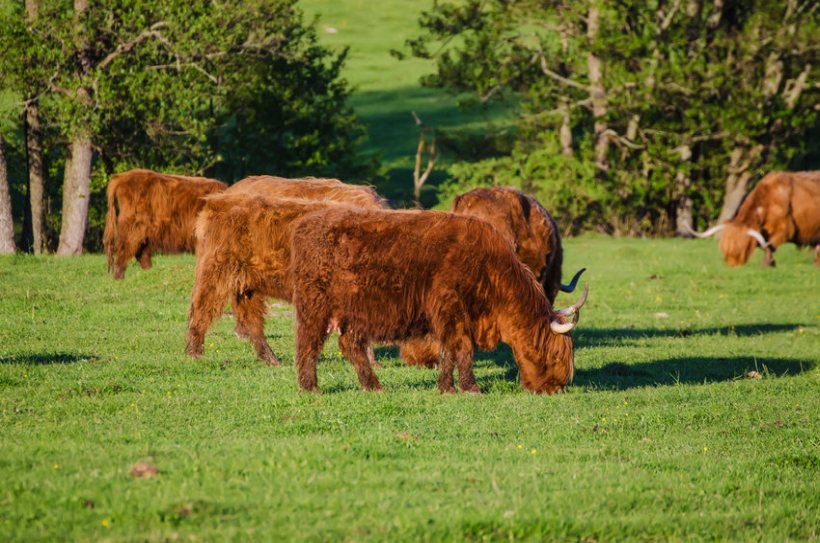Crown Estate Scotland gives tenants chance to buy farms

A 'radical' policy shift by Crown Estate Scotland now means some of its tenant farmers have the opportunity to purchase their farms.
Crown Estate Scotland, which manages about 30,000 ha of tenanted land over four estates, had been consulting on the pilot initiative.
It is being offered to secure tenants on Applegirth Estate in Dumfriesshire and Auchindoon Estate in Moray, and if successful may be extended to other estates.
Crown Estate Scotland’s Corporate Plan for 2020 to 2023 commits to raising capital through asset sales for reinvestment, some of which will come from farm sales.
The Estate said they had sought to take the interests of tenant farmers and local communities into account while developing their farm sales policy.
Eligible tenants on the estates will be asked to express an interest in purchasing the farm at an agreed price, or a joint sale of the farm to a third party on an agreed share basis.
They can also relinquish their tenancy for value along the lines set out in the Land Reform Act 2016, or maintain the status quo, with the tenant remaining as before with the Crown Estate as landlords.
The Scottish Tenant Farmers Association (STFA) welcomed the news, calling it a 'radical' policy shift for Scotland's tenanted farming sector.
Christopher Nicholson, chairman, said: “Crown Estate Scotland is making history as the first large scale landlord to give tenants such an open range of voluntary options.
“In general tenants are enthusiastic about the proposed farm sales and the opportunities they are to be offered."
Mr Nicholson said some tenant farmers had expressed concerns about the future of a fragmented rural estate following farm sales, especially if the majority of remaining tenants were non-secure tenants with fixed term leases.
"With the obvious pressures from forestry, fixed term tenants are concerned about their future when the time comes to negotiate new leases to continue farming their holdings," he said.
"However, reassurances have been given to tenants that Crown Estate Scotland will continue to act as a responsible landlord fulfilling its statutory and traditional obligations to its tenants whatever the type of lease."
If the initiative is successful on the two estates, Crown Estate Scotland could roll out similar policy across their remaining rural estate, offering more tenants similar opportunities.








